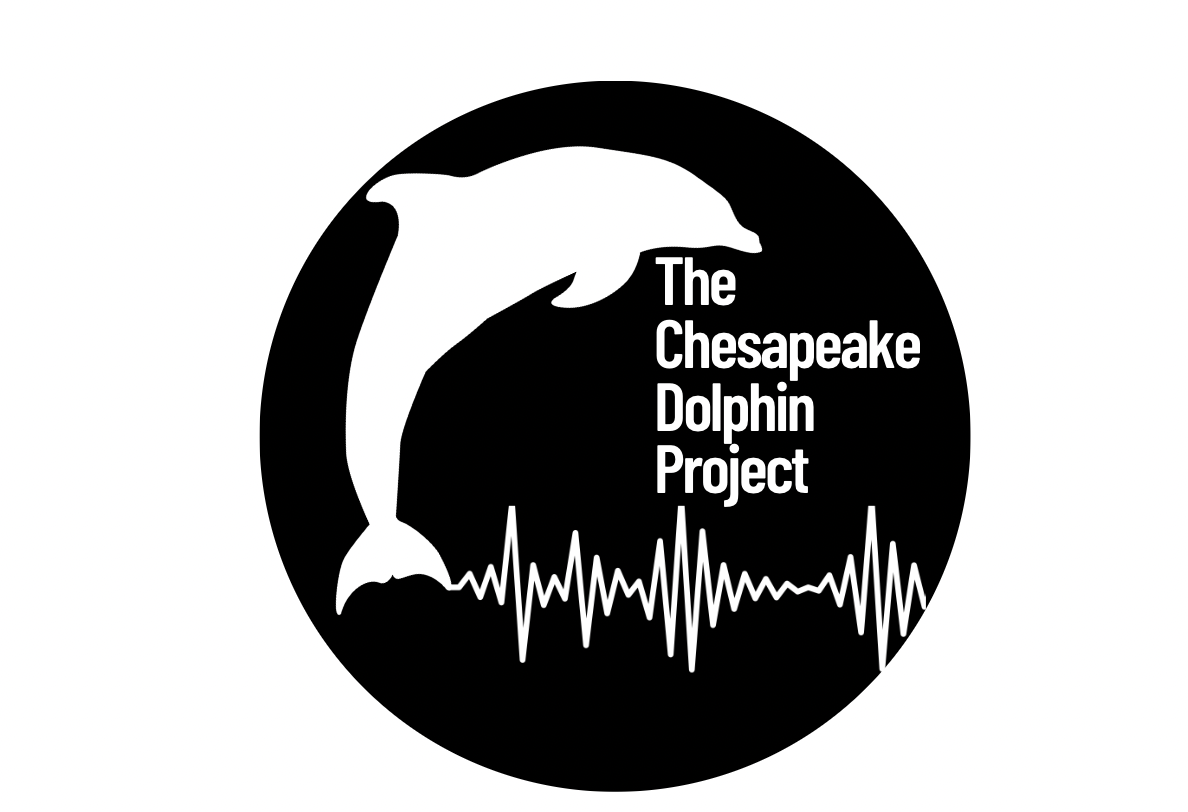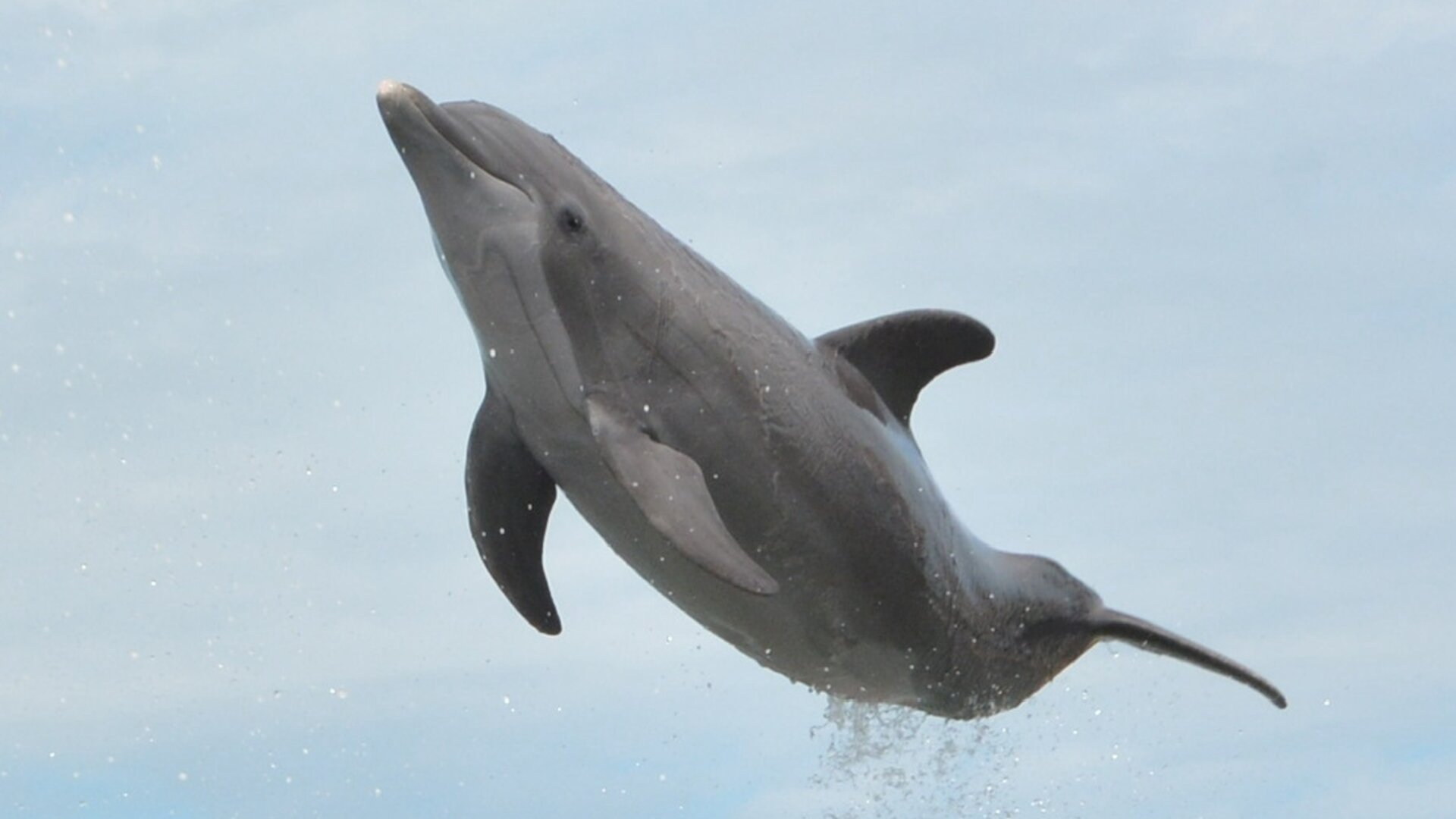The Problem
The lack of knowledge and respect for the intelligence of our local bottlenose dolphin population and the invasion and destruction of their habitat.
The lack of knowledge and respect for the intelligence of our local bottlenose dolphin population and the invasion and destruction of their habitat.
Our study objective is to collect data on the communication patterns of bottlenose dolphins in the Chesapeake Bay, then to focus on analyzing their communication styles. We intend to run field trips every Sunday, Monday, and Wednesday as part of our research study and when able, to record the dolphins’ communication methods. We will be using a range of equipment including a hydrophone and underwater video camera. We will also be collecting environmental data such as the pH, temperature and visibility of the water. If we are successful in collecting enough data, we hope to compare wild dolphins' communication with that of captive dolphins in partnership with other organisations. Our aim is to determine the impact of different environments on their communication patterns. Our hypothesis is that captive dolphins' interaction with humans leads to the acquisition of different behaviours, which in turn affects their language skills. It may be that dolphins use different ‘dialects’. By better understanding the communication patterns of dolphins, we hope to facilitate greater mutual respect and understanding between humans and dolphins. Furthermore, we intend to raise awareness in our local community about the adverse effects of boat traffic and underwater noise on dolphin communication. Safeguarding dolphins will result in improved health and biodiversity in the Chesapeake Bay. If successful, our findings will be shared with the local community to promote empathy and respect for dolphins. We will also monitor community involvement through initiatives such as Chesapeake Dolphin Watch.

